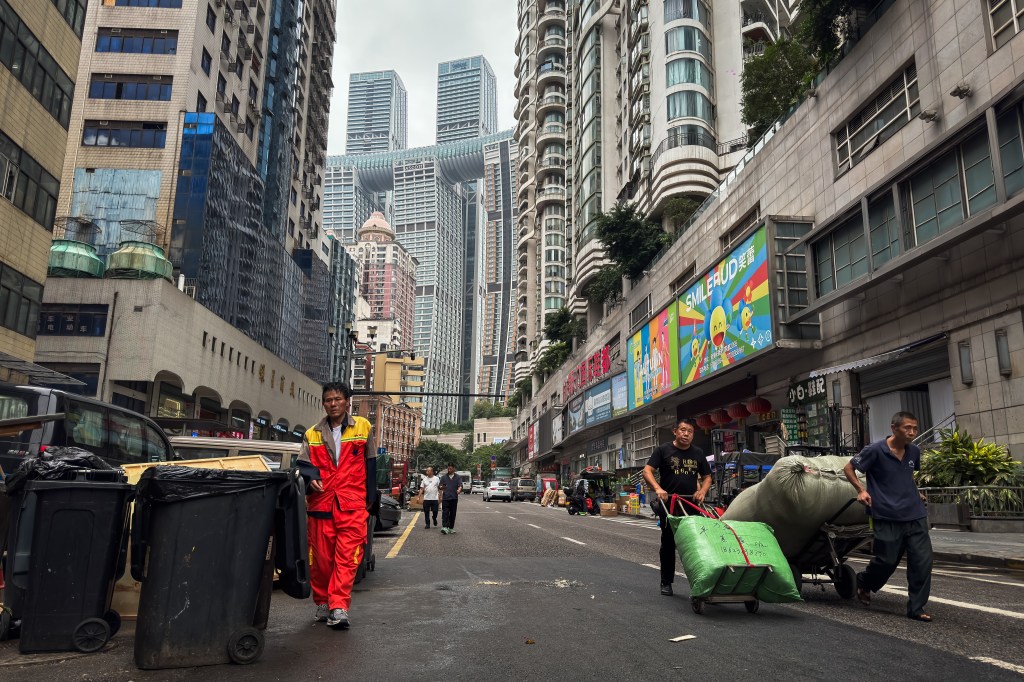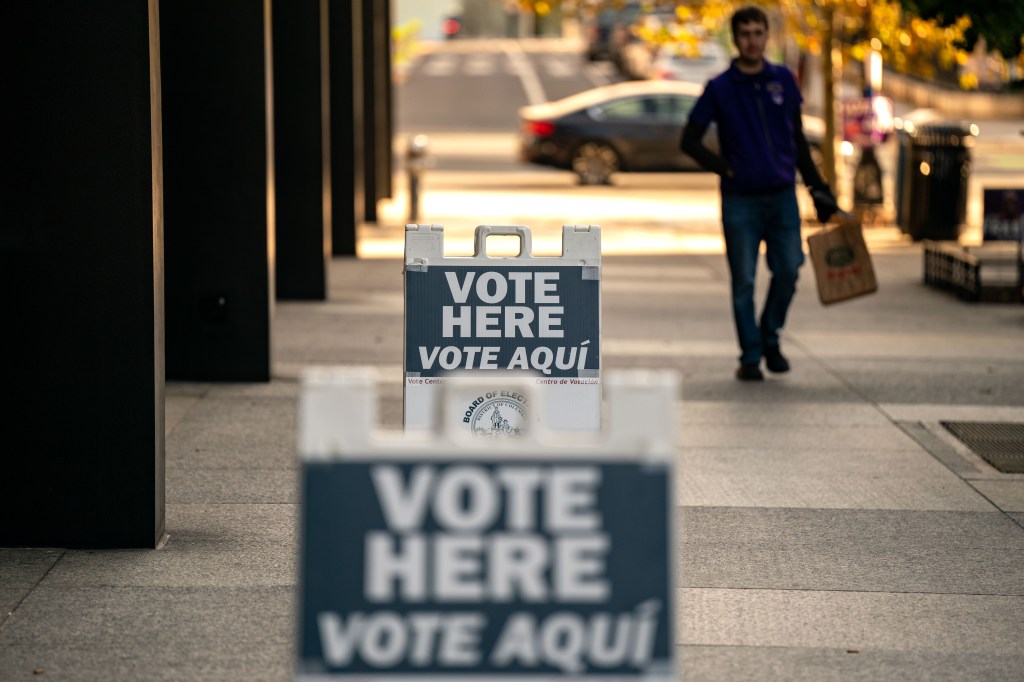The US Department of Justice (DOJ) revealed in a court filing that it will continue to prosecute executives at the voting machine company Smartmatic Corp. over an alleged foreign bribery and money laundering scheme associated with a bid to win business in the Philippines.
Prosecutors stated in their Notice of
Register for free to keep reading
To continue reading this article and unlock full access to GRIP, register now. You’ll enjoy free access to all content until our subscription service launches in early 2026.
- Unlimited access to industry insights
- Stay on top of key rules and regulatory changes with our Rules Navigator
- Ad-free experience with no distractions
- Regular podcasts from trusted external experts
- Fresh compliance and regulatory content every day












